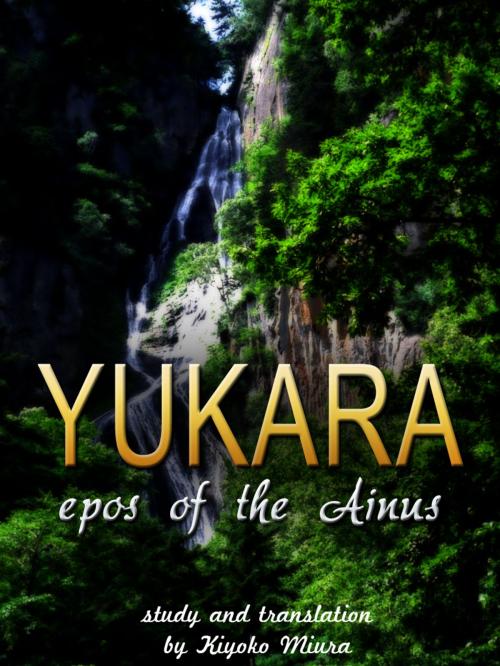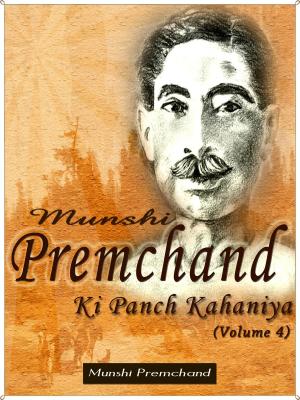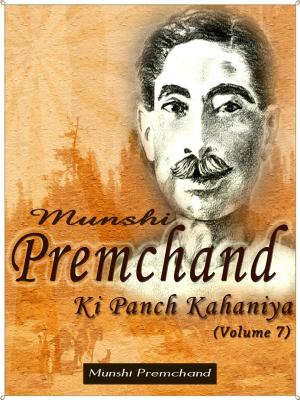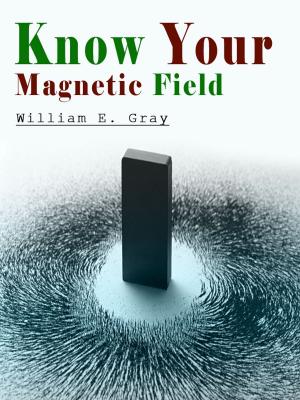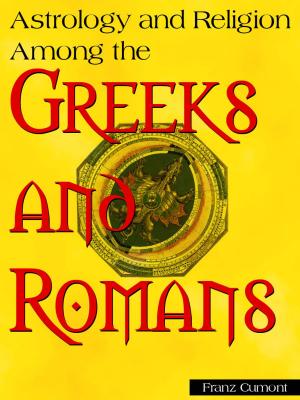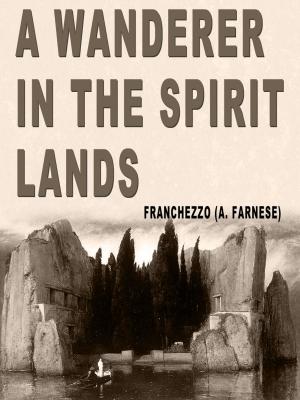| Author: | Kiyoko Miura | ISBN: | 1230000107179 |
| Publisher: | AppsPublisher | Publication: | February 15, 2013 |
| Imprint: | Language: | English |
| Author: | Kiyoko Miura |
| ISBN: | 1230000107179 |
| Publisher: | AppsPublisher |
| Publication: | February 15, 2013 |
| Imprint: | |
| Language: | English |
YUKARA epos of the Ainus study and translation of Kamuy-Yukara
by Kiyoko Miura
MY DEAR UNCLE "T" had so enthusiastically recommended me to read the Ainu epics and given one of the books as a special present. The title of the book as translated into English might read: "The Appreciation of the Yukara". When I had just opened it to take a quick look through, I had never imagined that the book would have captivated my mind so much as to as to make myself go right ahead to pick some of the most beautiful expressions and gradually to drag myself into the dreadful work of translation of all the poems in the book. But, this came only shortly after I had begun to read closely. Thus, this presentation of translation is simply to show my friends and readers the multitudinous and peculiar beauty of the Ainu sentiments as expressed in this book of "yukara" as much in its original manner as possible. Although I didn't go deep to dig the cultural and traditional customs of the Ainu people, something must yet be said about the people and their "yukara" in order for the readers to comprehend more easily.
It is now known that the Ainu is the oldest tribe having once occupied the land of Japan before some strong tribes came from the Southern Asia and landed and pushed the Ainus gradually up northward. They finally had to be settled in the northern-most island of Japan called Hokkaido and the southern part of the Saghalien Island. Although they had their own religious faith, tradition and culture quite different from those of Japanese, they have been gradually disappearing; and the true descendants of the Ainu today are scarce. For many generations they have been thoroughly Japanized and their legends and traditions have become more commercialized, to be the means of living, rather than their life itself.
The Ainu people had always been very spiritual and religious creating and worshipping many gods and goddesses; and their spiritualism has remained through centuries in a very ancient and primitive form which might be similar to the totemism or animism of the American Indians and other ancient tribes.
YUKARA epos of the Ainus study and translation of Kamuy-Yukara
by Kiyoko Miura
MY DEAR UNCLE "T" had so enthusiastically recommended me to read the Ainu epics and given one of the books as a special present. The title of the book as translated into English might read: "The Appreciation of the Yukara". When I had just opened it to take a quick look through, I had never imagined that the book would have captivated my mind so much as to as to make myself go right ahead to pick some of the most beautiful expressions and gradually to drag myself into the dreadful work of translation of all the poems in the book. But, this came only shortly after I had begun to read closely. Thus, this presentation of translation is simply to show my friends and readers the multitudinous and peculiar beauty of the Ainu sentiments as expressed in this book of "yukara" as much in its original manner as possible. Although I didn't go deep to dig the cultural and traditional customs of the Ainu people, something must yet be said about the people and their "yukara" in order for the readers to comprehend more easily.
It is now known that the Ainu is the oldest tribe having once occupied the land of Japan before some strong tribes came from the Southern Asia and landed and pushed the Ainus gradually up northward. They finally had to be settled in the northern-most island of Japan called Hokkaido and the southern part of the Saghalien Island. Although they had their own religious faith, tradition and culture quite different from those of Japanese, they have been gradually disappearing; and the true descendants of the Ainu today are scarce. For many generations they have been thoroughly Japanized and their legends and traditions have become more commercialized, to be the means of living, rather than their life itself.
The Ainu people had always been very spiritual and religious creating and worshipping many gods and goddesses; and their spiritualism has remained through centuries in a very ancient and primitive form which might be similar to the totemism or animism of the American Indians and other ancient tribes.
